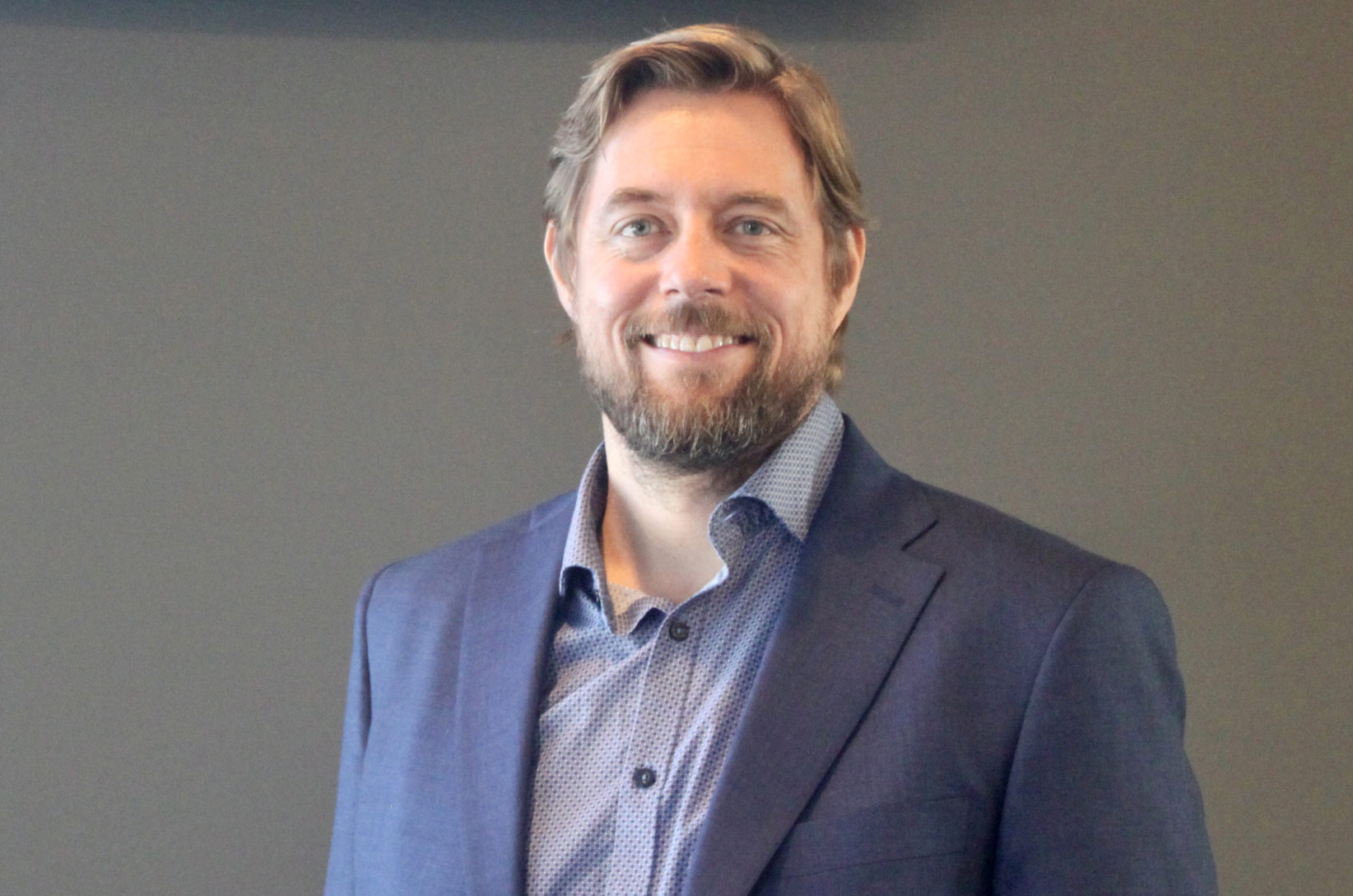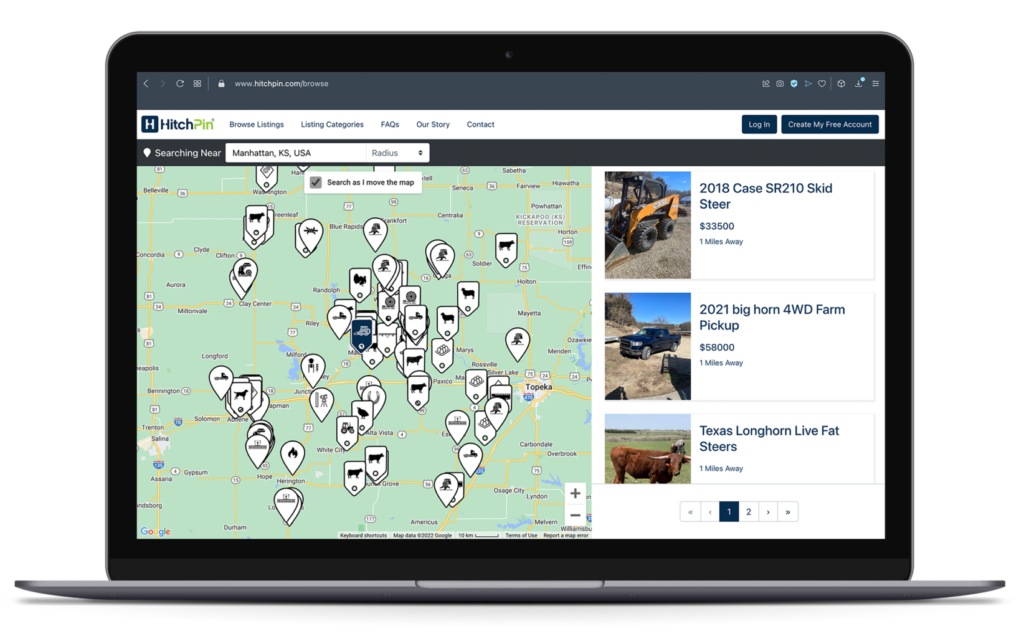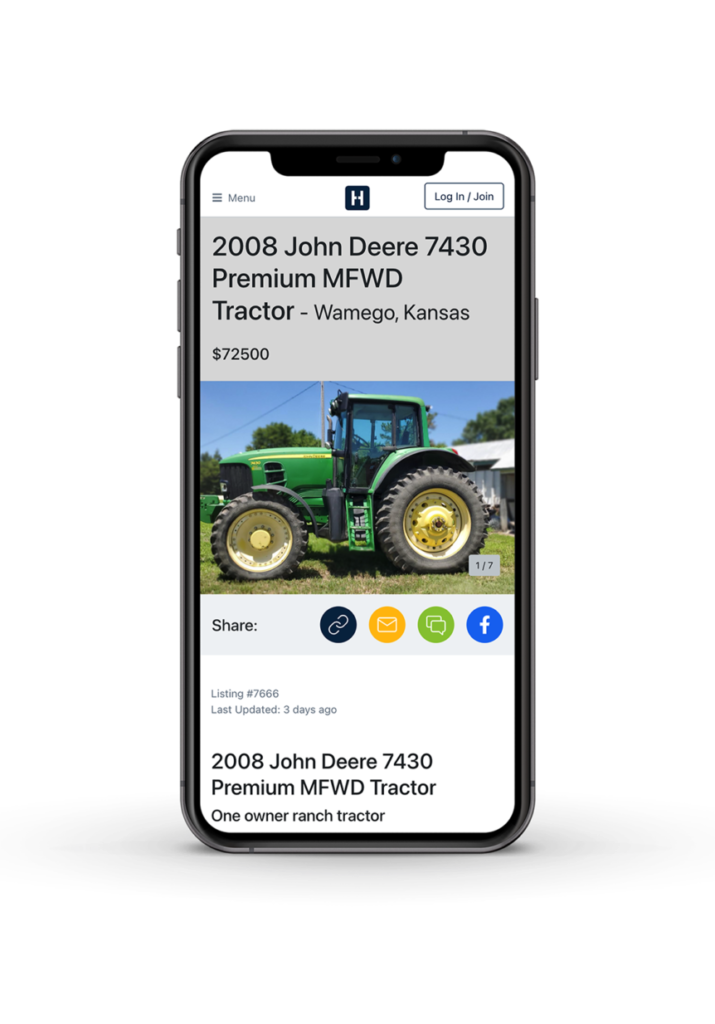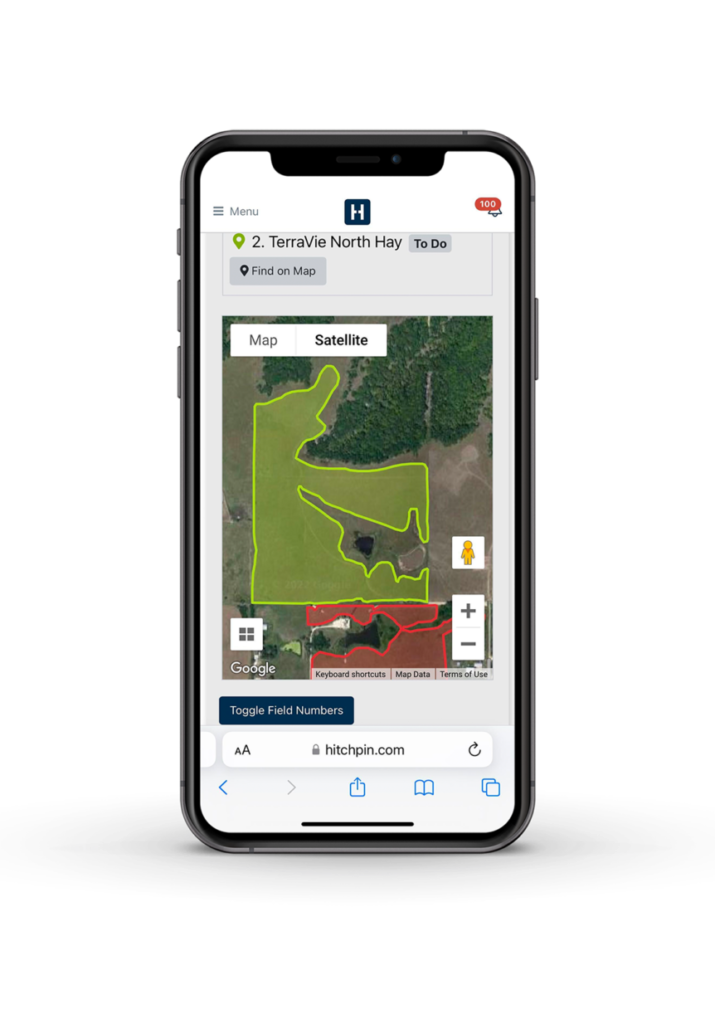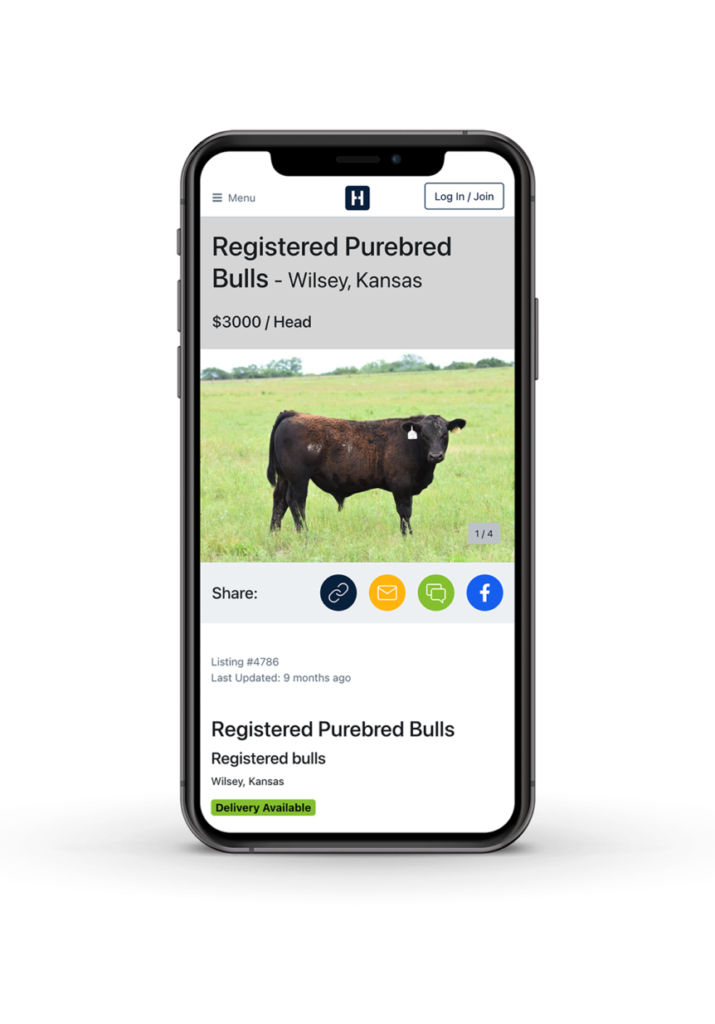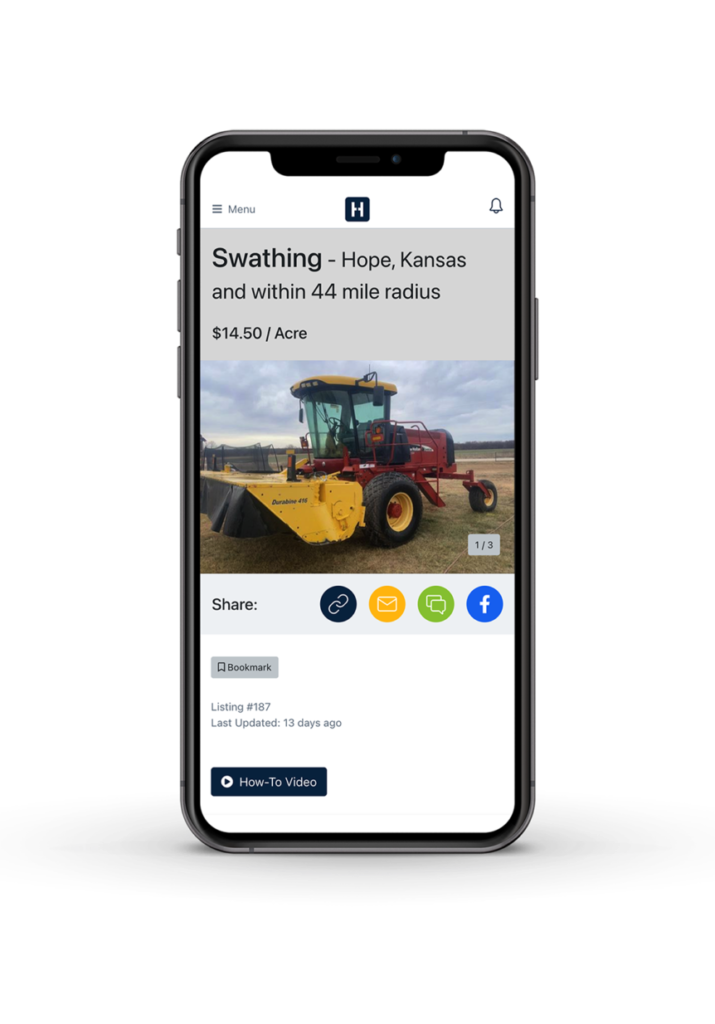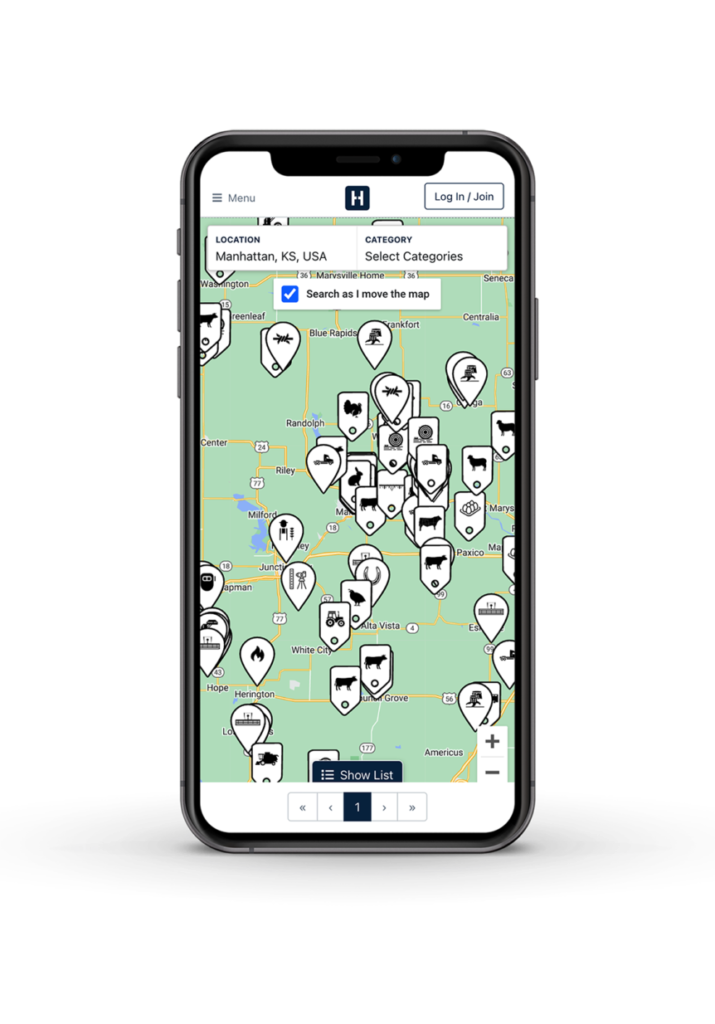When it came time to plant Trevor McKeeman’s agtech startup, he refused to farm the groundbreaking company’s future out to the coasts — specifically California where potential funders said he could find “money and talent.”
“I was actually in Boston at the time,” explained McKeeman, founder and CEO of HitchPin, a digital marketplace for farmers and ranchers to buy and sell their products and services. “I met with some investors, and they said, ‘This is awesome. We love the idea. We don’t understand agriculture, but it’s going to be huge.’”
Geographic paradigms have shifted since COVID hit, he said, noting the pandemic opened up employers and eventually funders to a more remote workforce, and away from the idea that a tech company needed to be built in San Francisco.
McKeeman ultimately launched the company in 2019, putting its headquarters in Manhattan, Kansas — sowing the seeds of the startup on the best plot of land he could find: the Sunflower State.
“I don’t know if you can see the chip on my shoulder from the back row, but it is there,” he said, describing his early experience with investors. “And so I said, ‘Actually we are going to locate the company where I can hire people who are familiar with food production, and know farming, who have a bit of a chip on their shoulder to show they can build world class technology.’ So we headquartered HitchPin in Kansas, and the team also has top talent in Texas and Missouri. At one point we were across six time zones.”
The company has since raised more than $6 million in funding, recently launching HitchPin profiles, wallets and credits for users, as well as sharing a podcast to help farmers better take advantage of the technology.
Click here to learn more about HitchPin’s marketplace.
McKeeman was among the speakers Friday at the Innovations in Ag Tech Conference — part of the Innovation Festival presented by BioKansas — at Children’s Mercy Park. His session on how marketplaces will improve the food supply chain and help feed 9 billion people was joined by Zach Luea, vice president of operation at HitchPin. Luea previously served as general counsel at KC-based BackLotCars before the startup was acquired for $425 million in 2020.
One of the festival’s goals is to showcase innovative companies and technologies — like HitchPin — that are emerging from the Midwest.
Andrew Jason, head of special projects for Grand Farm Initiative in North Dakota and one of the moderators for the festival, said it’s important to bring events like this away from the coasts and to the Midwest, the agriculture hub.
“Midwest is best!” Jason added.
McKeeman shares the same sentiment, especially toward Kansas.
“This is a state where people want to see things get done,” he explained. “They want to see that next movement. So it’s a great place to set up shop. And I appreciate the opportunity to have events like this where we can kind of showcase some really cool stuff happening here.”
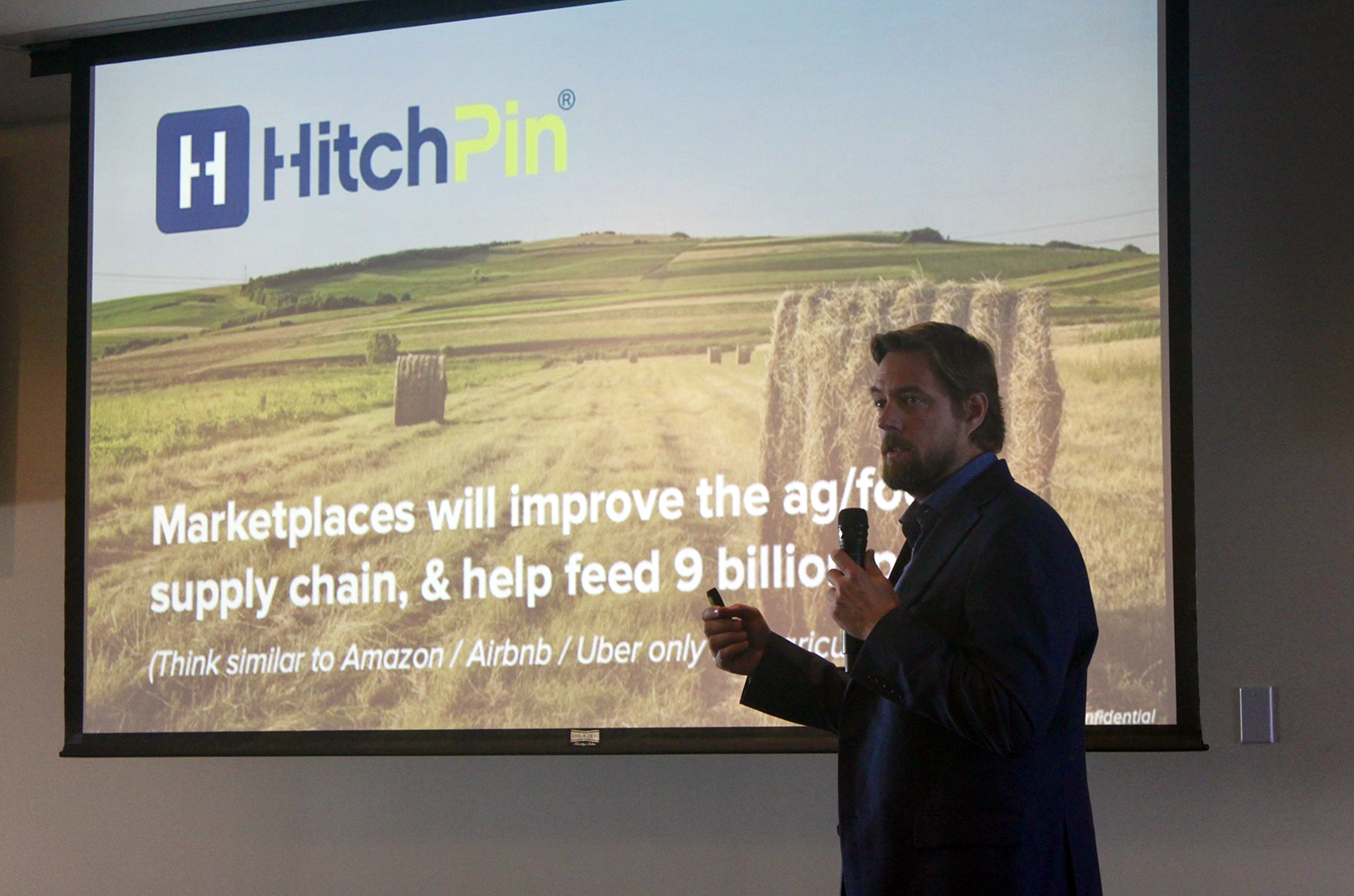
Trevor McKeeman, HitchPin, speaking during the the Innovations in Ag Tech Conference, part of the Innovation Festival presented by BioKansas
McKeeman grew up on a farm near Abilene, where his parents started farming in the 1980s, which he called a crazy time to farm.
“A lot of our neighbors were going out of business at the time, interest rates were high,” he said. “So they did things differently. And I think it’s affected how I looked at agriculture.”
McKeeman, who previously started three tech companies, left the agriculture world after high school. He went off to business school at Kansas State University and then ended up in Kansas City doing technology consulting. He landed back in the ag world when he went to Washington, D.C. to work in ag policy.
“That’s when I got a bigger perspective of just how important this is across — not just at the producer level — but the national security level,” he added.
While getting his mid-career master’s degree at MIT, he decided to start HitchPin.
“We really were looking at marketplaces and how marketplaces are changing every industry,” he said. “And we kept saying, ‘Why isn’t this in food production yet? So that was the reason we started HitchPin. We’ve been growing really fast since then.”
The marketplace, working to address the supply and demand mismatch in agriculture, already has more than 61,000 users, listings in 49 states, and more than $85 million in supply-side listings.
“So it can be done from a place like Kansas,” he added.
Although his own farmer father didn’t quite understand the need for the app at first, McKeeman said, he jumped on board once he listed some hay for sale, it sold in two days, and he got paid right away through the wallet on the app.
“The reason we built it is because he would sell hay and not get paid for six months,” he said.
But it’s not just products, farmers can also hire out services on the app.
“My dad is 74 and doesn’t want to buy an $800,000 combine right now,” McKeeman continued. “So he would rather hire that service done with somebody that wants that level of technology and needs to run over more acres to justify it.”
The generation that will be taking over the farms, he said, are used to ordering things online. And the near future, HitchPin aims to add storefronts to its app to make the process even easier.
“Instead of just calling the five people that you know that do that service or have that product, you now have a whole country that you can tap to tap into,” he explained.
This story is possible thanks to support from the Ewing Marion Kauffman Foundation, a private, nonpartisan foundation that works together with communities in education and entrepreneurship to create uncommon solutions and empower people to shape their futures and be successful.
For more information, visit www.kauffman.org and connect at www.twitter.com/kauffmanfdn and www.facebook.com/kauffmanfdn



